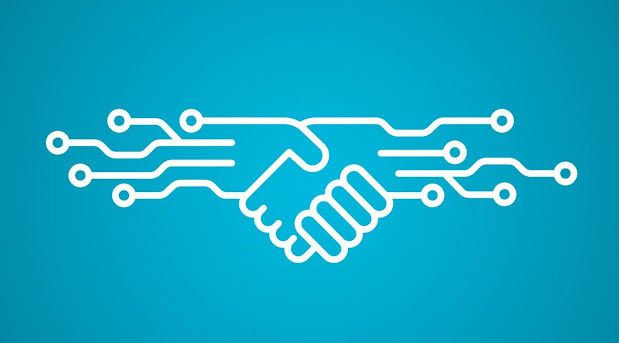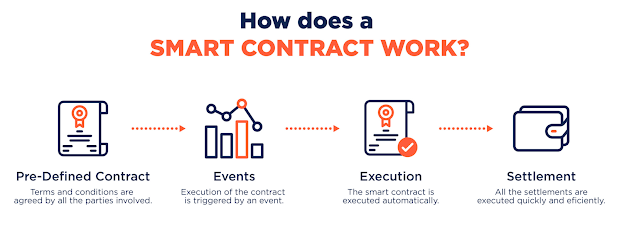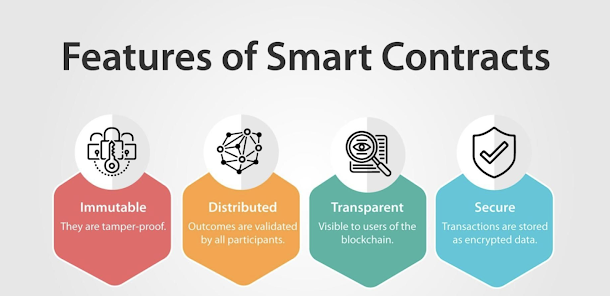Top 5 SmartContract Ledger Development Platforms:
The five most popular smartcontract platforms, Ethereum, Hyperledger Fabric, Corda, Stellar, and Rootstock, are discussed in this section. Ethereum, Hyperledger Fabric, and RSK have Turing-complete smartcontracts; however, Corda and Stellar have Turing-incomplete smartcontracts. Ethereum and RSK are public smartcontract platforms (i.e., permissionless), meaning anyone can join the network at any time.
8 Key Distinctions Between The Major Blockchain Ledger Platforms:
Corda has permissioned type of ledger, and supports smartcontract function, meaning you can write and deploy smartcontracts in Corda Blockchain. Corda is an open-source blockchain platform for developers to create permissioned distributed solutions. Tezos is an open-source blockchain platform used worldwide to build decentralized blockchain networks.
Hyperledger Hub is a project developed by The Linux Foundation to openly develop centralised and decentralized blockchain platforms. Hyperledger Sawtooth is another scalable blockchain platform in the Hyperledger Hub, designed to develop distributed ledger applications and networks. Enterprises are using Hyperledger Sawtooth to create systems that are both scalable and reliable, as well as deploy blockchain solutions that are highly secure.
This platform provides users with a safe, scalable platform for supporting their confidential contracts and private transactions. Hyperledger users can build secret channels to specific members of a network, which allows the transaction data to be seen by only selected participants. Hyperledger Fabric also supports the Open SmartContract Model, which can support a variety of data models, such as Accounts and Unspent Transaction Output, or UTXO, models (see the sidebar).
Unlike Ethereum, which uses Virtual Machines (VMs) to execute smartcontracts (i.e., EVMs), Hyperledger Fabric smartcontracts utilize Docker containers to execute the code. EVM is compatible with other blockchains like Solana and Avalanche, which allows developers to migrate their smartcontracts across platforms. With well-written rules, well-defined development guidelines, and Ethereums native coding language called Solidity, it has proven comparatively simple to deploy smartcontracts and Dapps to the platform.
Ethereum is also better than any other smartcontract platform when it comes to developer numbers (200,000), making its developer community one of the most vibrant and responsive. The Ethereum network envisions using blockchain technology to not only support a decentralized payments network, but to also store computer code that could be used to fuel decentralized, tamper-proof, financial contracts and applications.
Ethereum is yet another blockchain use-case which supports bitcoin (BTC) and in theory, it is not supposed to actually compete with bitcoin. BTC and ETH are both digital currencies, but Ethers primary goal (ETH) is not to establish itself as an alternative monetary system, but rather to facilitate and monetize operations on the Ethereum networks smartcontracts and decentralized applications (dapps) platform. Tezos In development since 2014, Tezos is a more mature platform supporting decentralized applications, smartcontracts, and newer financial instruments like NFTs, which can be thought of as a modern variant on trading cards tied to a digital asset.
Cited Sources:
https://www.itransition.com/blog/smart-contract-platforms
https://geekflare.com/blockchain-platforms-for-finance-applications/
https://pixelplex.io/blog/smart-contract-platforms/
https://cointelegraph.com/blockchain-for-beginners/smart-contract-development-platforms
https://www.investopedia.com/articles/investing/031416/bitcoin-vs-ethereum-driven-different-purposes.asp
https://www.cronj.com/blog/smart-contracts-platforms/
https://www.techtarget.com/searchcio/feature/Top-9-blockchain-platforms-to-consider
https://www.blockchain-council.org/blockchain/top-10-blockchain-platforms-you-need-to-know-about/
https://blog.logrocket.com/top-blockchain-development-frameworks/


















